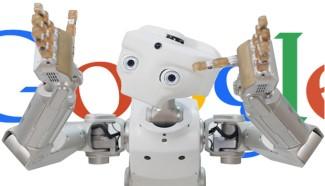
8 minute read
Computer Science
COMPUTER FREE OPTION CHOICE SCIENCE
Gcse Computer science
The modern world depends on technology for everything and a GCSE in Computer Science will teach you all you need to know to create the next generation of technology and beyond. Computer Science would suit you if you like to solve problems, enjoy mathematics at school and want to do something that involves technology and critical thinking, with a combination of practical and theoretical work.
GCSE Computer Science is a course that has real relevance in our modern world. The course will give you an in-depth understanding of how computer technology works and a look at what goes on “behind the scenes”. TOPICS COVERED Systems Architecture Memory Storage Wired and wireless networks Network topologies System security System software Ethical, legal, cultural and environmental concerns Data representation We learn Python and develop robust and complex programs. ‘The knowledge and skills learned from studying Computer Science will prepare you for a variety of careers.’
Ruchi Sanghivi
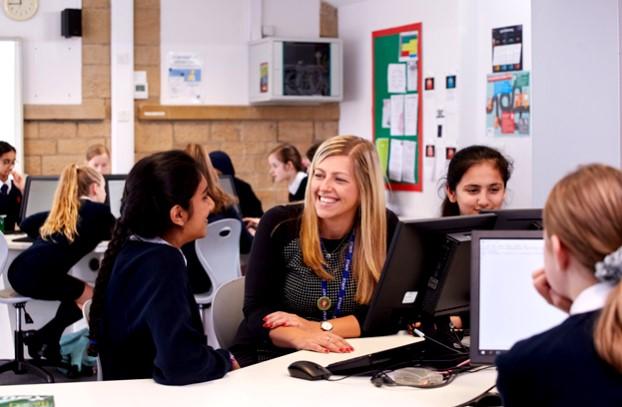
Indian born Ruchi Sanghvi was just 23 years old when she became the first female engineer at Facebook. She watched the company grow from a small start-up into the world’s biggest social network. Ruchi was instrumental in the development of Facebook’s news feed, which first launched in 2006, radically changing the Facebook experience by putting friends’ online activities at the centre of the site. She is now Vice- President of Operations at Dropbox a cloud storage system.
W H Y C O M P U T E R S C I E N C E ?
Every industry uses computers so naturally Computer Scientists can work in any. Problems in science, engineering, health care, and so many other areas can be solved by computers. It's up to the computer scientist to figure out how, and design the software to apply the solution. Computer scientists theorise, design, develop, and apply the software and hardware for the programmes we use day in day out - sounds pretty important to us. Computer science students have excellent graduate prospects.
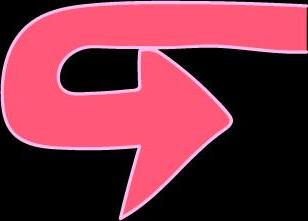
Current GCSE Computer Science student‘s
Computer Science allows you to be very independent and provides you with the ability to be creative, especially when coding solutions.’ ‘Computer Science is a great course if you are interested in finding out how computers work and would like to further develop your problem solving and analytical skills.’
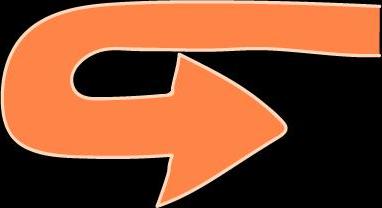
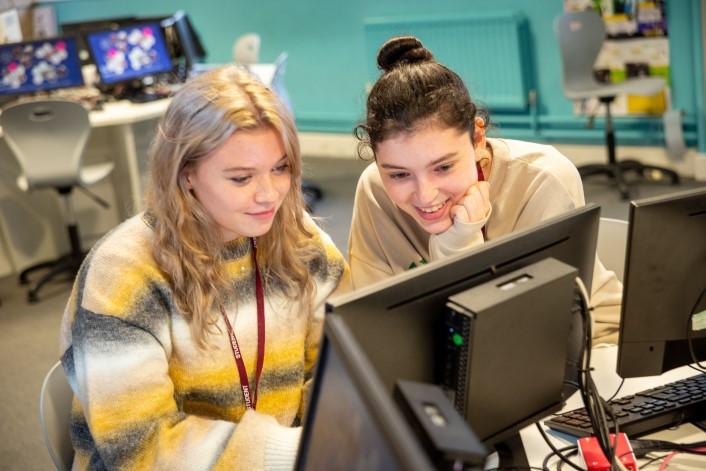
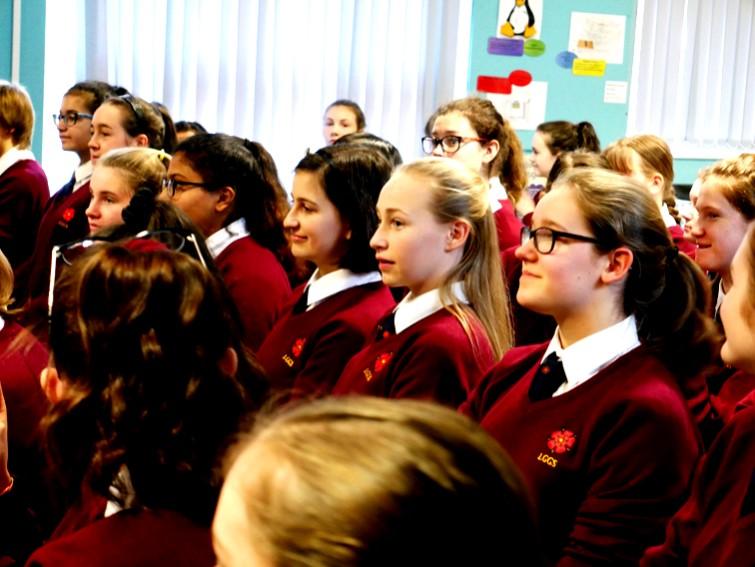
Practical Programming
All students will be given the opportunity to undertake a programming task(s), either to a specification or to solve a problem (or problems), during their course of study. Students will draw on some of the content in both components when engaged in Practical Programming. This is not formally assessed.
Paper 1
This paper consists of multiple choice questions, short response questions and extended response questions.
Paper 2
This paper has two sections: Section A and Section B. Students must answer both sections. In Section B, questions assessing students’ ability to write or refine algorithms must be answered using either the OCR Exam Reference Language or the high-level programming language they are familiar with.
Unit
Content
Exam Assessment Paper 1
Systems architecture, Memory and storage, computer networks, connections and protocols, Network security, systems software and Ethical, legal cultural and environmental impacts of digital technology. Algorithms, Programming fundamentals, Producing robust programmes, Boolean logic and Programming languages and Integrated Development Environments
1.5 hours (80 Marks)
50
Assessment Paper 2
1.5 hours (80 Marks)
50 CONTACT teacher Miss J Clapham

EXAM BOARD OCR (J277)
ASSESSMENT Two exams: 1 hour 30 minutes each 100% of GCSE
CAREERS Programmer Software Engineer Systems Analyst Consultant Computer Sales Support Database Analyst / Designer Computer Helpdesk Network Administrator Analyst / Programmer Systems Designer Systems Engineer Computer manager Data Processing Manager Forensic Computing Computer Security Computer Games Computing Researcher Business Intelligence Technical Author Patent Work IT Sales and Marketing
PHYSIC AL FREE OPTION CHOICE EDUC ATION
Gcse PHYSICAL EDUCATION
This dynamic theoretical and practical course builds on student’s experiences from Key Stage 3. The modern specification is designed to open students’ eyes to the amazing world of sport by delving into a vast range of topics from Anatomy and Physiology to Sports Psychology and Technology: alongside the chance to perform at a competitive level. The combination of the physical performance and academic challenge provides an exciting opportunity to learn in a variety of challenging and engaging learning environments. The diverse nature of this subject means that it complements many subjects and is a great compliment to the science subjects at GCSE, although it also combines with a wide range of other subjects too. The new and contemporary topics will help students of all abilities to develop a well-rounded skill set and prepare them for progression to further studies. The qualification aims to: equip students with essential life-skills and knowledge required for further education and the world of work offer students the opportunity to experience and develop an interest in a variety of different sports develop an appreciation of social, moral and cultural issues which affect participation and performance in physical activity improve the skills necessary to analyse, evaluate and improve performance develop an understanding of the factors influencing performance and participation in sport Year 10 CORE PE Curriculum You will have four hours per fortnight. Throughout the year you will participate in a range of indoor and outdoor games, healthrelated exercise, tennis, athletics and rounders. There will be opportunities for you to experience performing, officiating, coaching and leading in each activity. All students will be given the opportunity to gain the Sports Leader Award, Level 1,
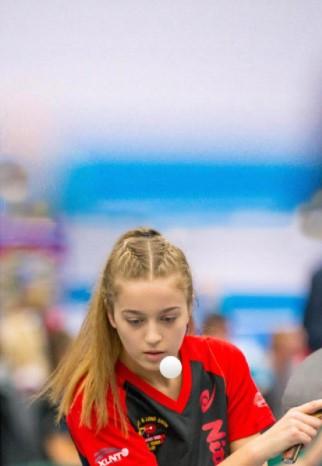
W H Y P E ?
Physical education enables students to become confident, connected, actively involved, lifelong learners. It helps students develop the skills, knowledge, and competencies to live healthy and physically active lives at school and for the rest of their life. Promoting active lifestyles and understanding how this influences their own well-being and that of others. Students challenge themselves to develop their physical and interpersonal skills, sharpen their knowledge of strategy and tactics, and help them to transfer knowledge from one context to another. Physical Education also develops teamwork, leadership, and interpersonal skills and teaches the necessary knowledge and skills for working with and relating to others, and provides the learning opportunities to develop these skills. It enables the development of leadership and teamwork skills and encourages students to transfer knowledge to other learning areas. It does this for example, by supporting students to work cooperatively in other subjects, or when working with groups in a leadership role in the school setting and in their lives outside of school in sports clubs or community groups.

which is a national qualification accredited by Sports Leaders UK.
Year 11 CORE PE Curriculum You will take part in three hours per fortnight and be given the opportunity to take part in a wide variety of different activities on a weekly basis. Activities include problem solving, backball, dodgeball, fitness suite, lacrosse, handball and many more. The fantastic programme means you will always take part in something you enjoy and never get bored!
Extra-Curricular Opportunities At Key Stage 4:
There is a still a vast extracurricular timetable available to you including hockey and netball. If competitive sport is not for you then why not make use of the fitness suite and dance studio before school, at lunch time or after school. Some pupils choose to coach or officiate the younger pupils and this is a fantastic way to develop your leadership skills.
Here are some reasons why GCSE PE is for you ... You enjoy a range of sporting activities You are competent at a range of sporting activities You want to improve your own performance in a range of sporting activities You want to know more about the benefits of sport and exercise You are interested in a sport related career.
The course takes place over two years with five lessons over two weeks and consists of practical and theoretical components in the following format: Examination (60%) Two written papers (78 marks) 1 hour 15 minutes

Paper 1: The human body and movement in physical activity and sport Examination topics: Applied anatomy and physiology Movement analysis Physical training Use of data
Paper 2: Socio-cultural influences and well-being in physical activity and sport.
Examination topics: Sports psychology Socio-cultural influences Health, fitness and well-being Use of data Practical Controlled Assessment: 40% You will be assessed as a performer in three different physical activities, one in a team activity, one in an individual activity and a third in either a team or in an individual activity. For each of the three activities, you will be assessed in skills in progressive drills and in the full context This section will also include a written piece of work based on analysis and evaluation of performance in one of your activities.
Enjoying a variety of different sporting activities both during school time, at extra-curricular clubs and outside of school at sports clubs is vital if you hope to achieve a high grade in GCSE PE. CONTACT teacher Miss Sharples EXAM BOARD AQA
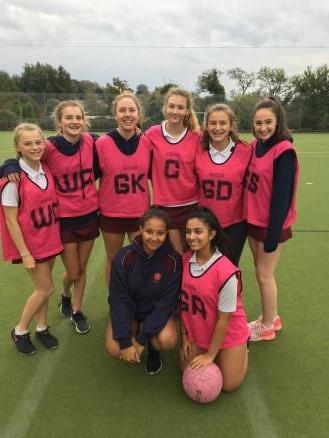

ASSESSMENT THEORY - 60% Paper 1: 1 hour 15 minutes Paper 2: 1 hour 15 minutes PRACTICAL - 40% 3 Practical performances in 3 different individual and team sports. Written sports analysis coursework.
CAREERS Sport and fitness is a huge industry and you can be part of it. If you’re keen on sport you can make a living from your passion. PE opens up a whole number of career options. Sport scientist Teacher Event organiser Armed forces Emergency services Physiotherapist Medicine Nutritionist Psychologist Sports design Sports management Sports therapy sports marketing Journalist Fitness instructor Dietician









